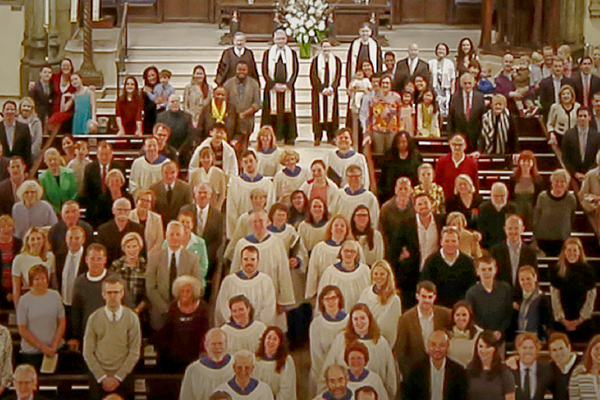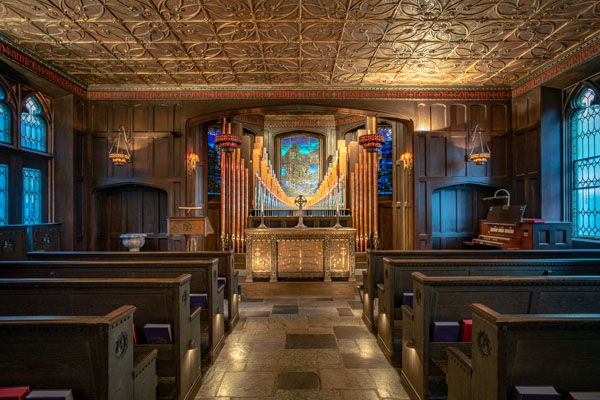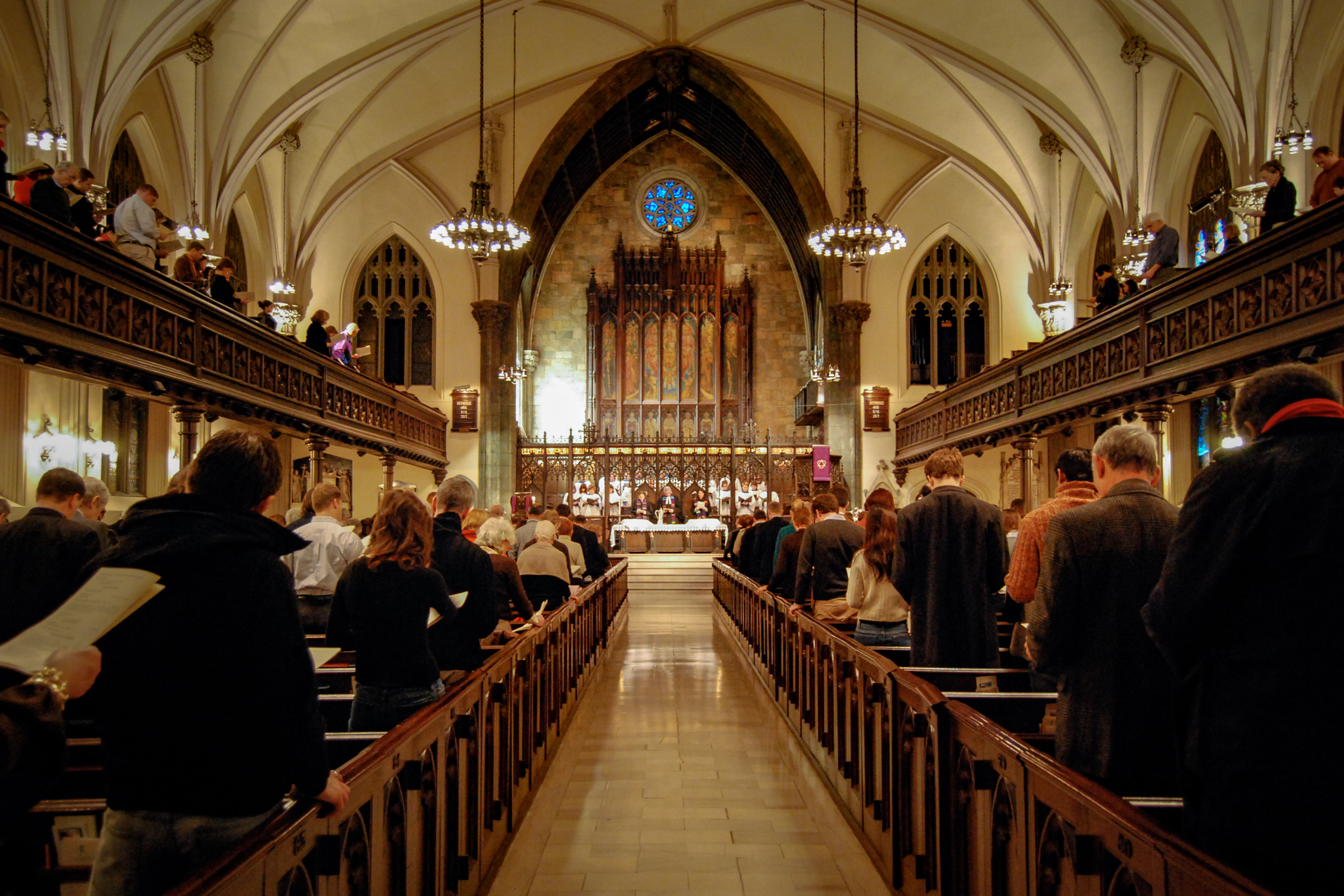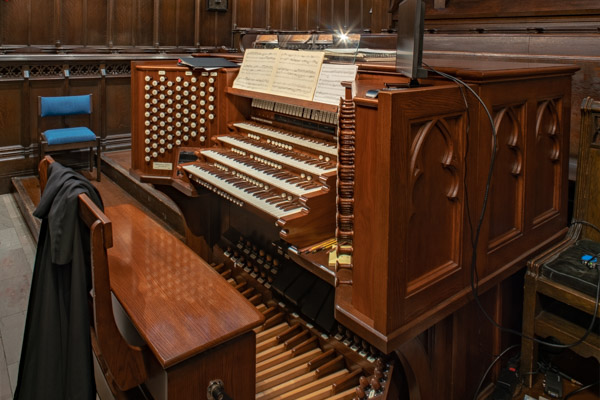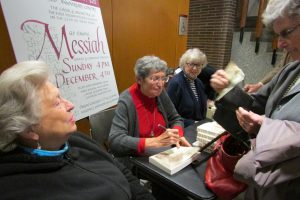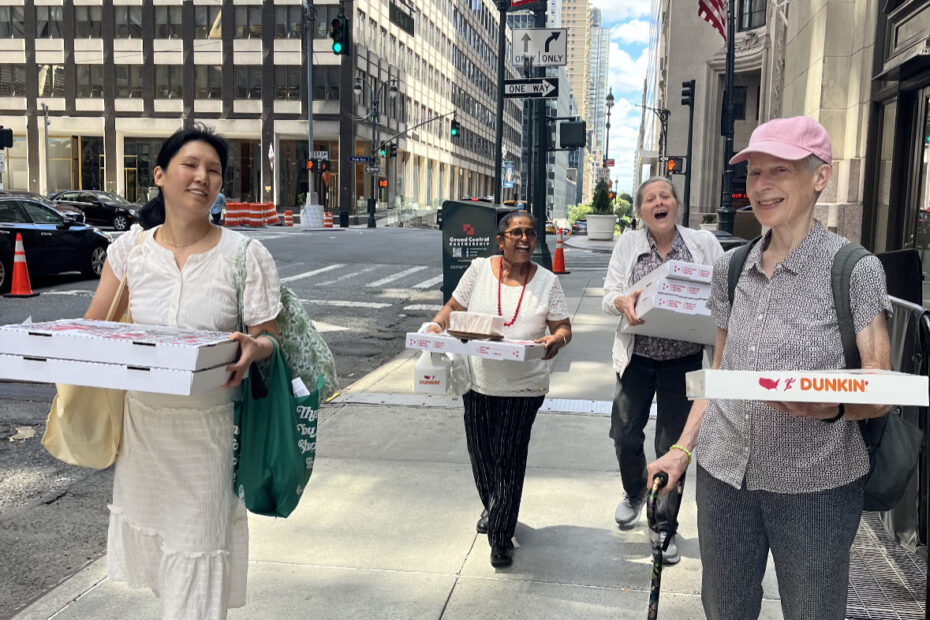“We have been waiting here for days. We are hungry. We are thirsty.”
That’s what we heard on Sunday when several First Church members went together after the worship service to the Roosevelt Hotel to meet the migrants who have just arrived to the city.
It is not, as many news outlets and city officials have called it, an “immigration crisis.” This is part of a larger housing crisis that has been happening in our city for years, and what’s happening now is a crisis of hospitality: migrants who are arriving in New York City in search of safety and new opportunities are waiting in the heat for days just to get enrolled in the city’s services.
One of the hallmarks of hospitality in New York City is our “right to shelter,” a mandate from 1981 that guaranteed shelter for men and has since been expanded to include women and families. Hospitality is inscribed in our city’s policy, but what is happening right now is anything but hospitable.
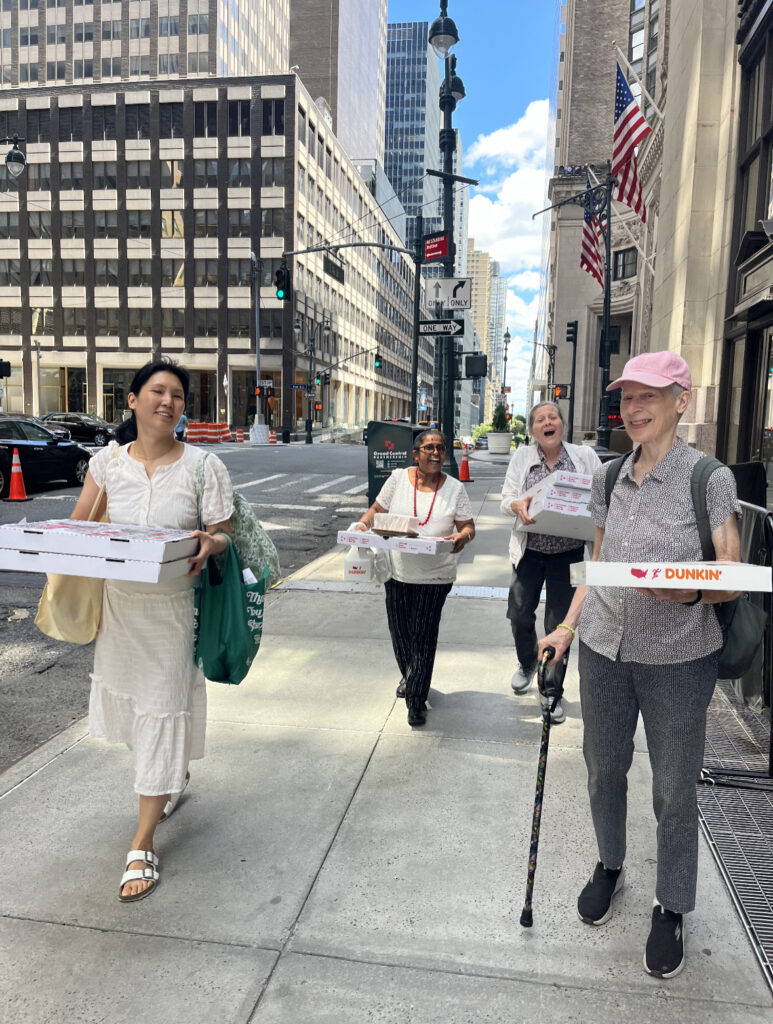
- Families being removed from the shelters where they had been staying – for reasons they don’t understand
- Migrants have been sleeping on the sidewalk outside the Roosevelt Hotel for several days (including last week during the heat wave)
- Mayor Adams has said that there is no more room
- First Church has already begun conversations about using our building as a shelter for asylum seekers (likely LGBTQ asylum seekers) as part of a program of the mayor’s office. This is one way we can directly serve migrants who are coming to New York and meet a few people’s immediate need for shelter with dignity and respect. If you’d like to learn more about this possibility, learn how it’s different than the previous shelter at First Church, and ask questions, we are entering into a period of congregational discernment about this possible ministry. The first open conversation and info session will be on Wednesday, August 9th, at 12 p.m. on Zoom. Follow the link here to join.
- We will also continue to take food and provide aid when we can to folks who are waiting for shelter.
- Finally, we must use our voices to advocate for longer-term solutions like FHEPS vouchers to help people move out of shelters to long-term housing.
